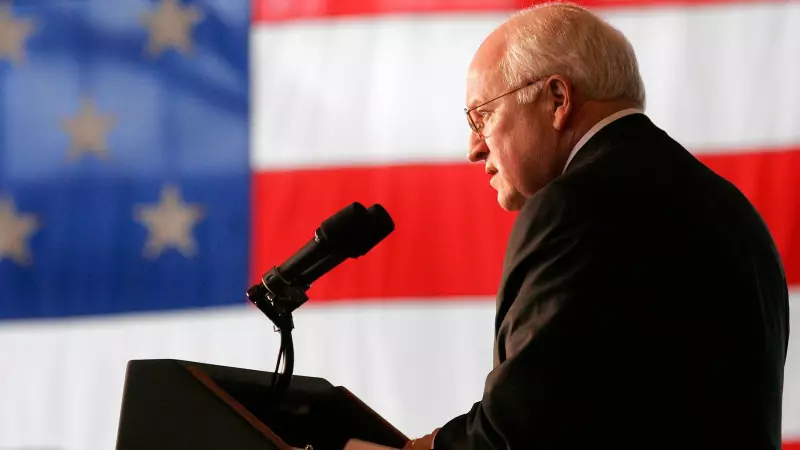
In the annals of American political history, few figures have wielded as much influence from the Vice President's office as Dick Cheney. His tenure under President George W. Bush marked a seismic shift in both the role of the vice presidency and America's strategic approach to the Gulf region.
The Unprecedented Rise of Cheney's Power
Dick Cheney didn't just occupy the vice president's office—he transformed it into a powerhouse of political influence. With extensive experience as Secretary of Defense under George H.W. Bush and as White House Chief of Staff under Gerald Ford, Cheney brought a depth of governmental knowledge that few could match.
What made Cheney particularly formidable was his strategic positioning within the administration. He assembled a staff that rivaled, and in some aspects surpassed, the influence of the President's own advisors. His office became the central nervous system for critical policy decisions, particularly those concerning national security and foreign affairs.
Shaping America's Gulf Policy
Cheney's impact on US policy in the Gulf region was both profound and enduring. His worldview, shaped during his time at the Pentagon, emphasized American military supremacy and a proactive approach to perceived threats in the Middle East.
The key pillars of Cheney's Gulf strategy included:
- Unilateral action when necessary: A willingness to act without international consensus
- Preemptive defense: Addressing potential threats before they could materialize
- Strong military presence: Maintaining and expanding US military infrastructure in the region
- Regime change: Advocating for the removal of governments deemed hostile to US interests
The Legacy That Endures
Cheney's influence extended far beyond his time in office. The policies he championed, particularly the 2003 invasion of Iraq, created ripple effects that continue to shape Middle Eastern geopolitics and America's role in the region.
Many political analysts argue that Cheney established a new template for vice presidential power—one that subsequent administrations have studied closely, even if they haven't always emulated it. His ability to drive policy from the second-highest office in the land remains a subject of both admiration and controversy among political scholars.
The architectural framework Cheney built for American engagement in the Gulf continues to influence how the United States approaches the region, demonstrating the lasting impact of what many consider the most powerful vice presidency in American history.





